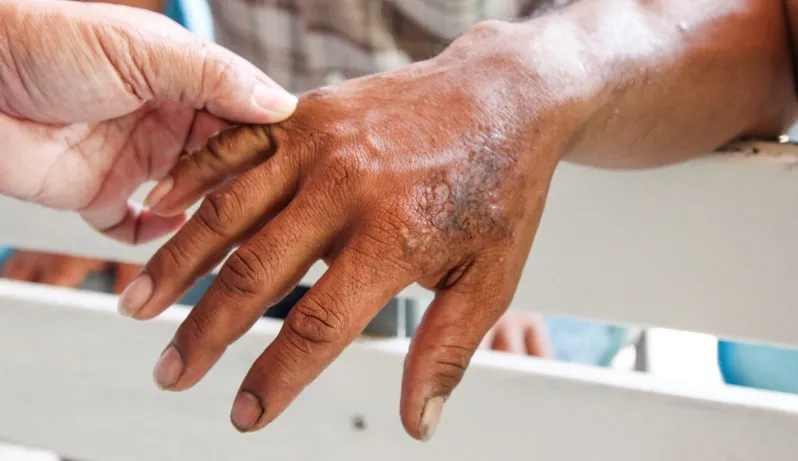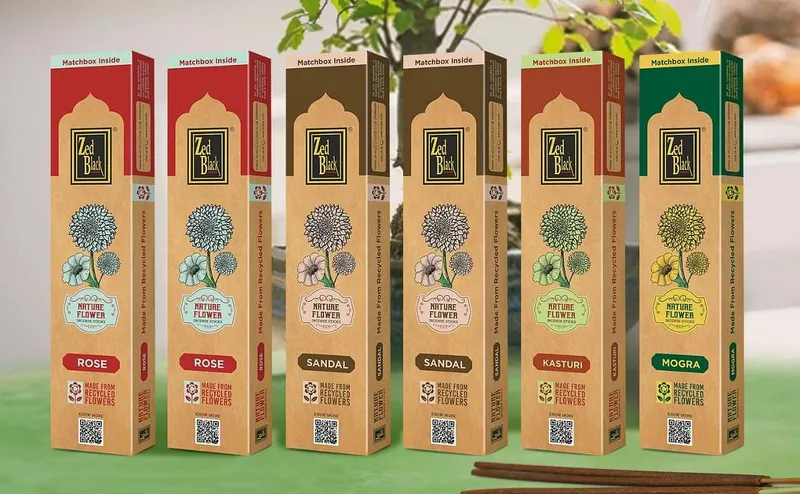From recycling floral waste to offering eye care services to marginalised: top Social Stories this week
This week in SocialStory, we saw the stories of NGOs and individuals who have been working over the years to help the needy.
SocialStory strives to bring you inspiring stories of changemakers. This week, we covered the journeys of several NGOs and individuals such as Sunita, who shared her experience of battling with leprosy and the challenges and stigma associated with it, and Chandra Prakash Jain from Lucknow who cares for the strays. Read on.
How this Delhi-based hospital serves the marginalised by offering free eye care services
According to the World Health Organisation (WHO), India’s doctor to patient ratio is 1:1456 as against the recommended 1:1000.
However, when you look at a particular medical field, for instance, eye care, the disparity widens further. In urban places, the ophthalmologist to patient ratio is 1:25,000, but in rural India, it is about 1:250,000 — one of the major reasons for this is the lack of eye care access in rural areas.

Delhi-based Dr Shroff Charity Eye Hospital (SCEH) aims to bridge this gap by bringing eye care closer to people.
Established in 1922, SCEH is one of the oldest and largest eye care institutes in India and globally. Besides providing comprehensive eye care, the institute is known for its community-led work, essential research and publications, and necessary education and training for the healthcare fraternity.
[Survivor Series] I do not want my grandchildren to look at me in a way that scares them
In this feature of Survivor Series, we bring you the story of Sunita, a leprosy patient, who is battling the illness for many years, and the challenges associated with the disease.

My name is Sunita (name changed), and I am 63-years-old. I have lived in Leprosy Colony for over 30 years now. In the early 90s, when I was a young bride, my husband and I were excommunicated from our family.
At the time, we were told a cure for Tusht rog (leprosy) had come to Delhi, and the government was providing the diagnosis for free.
In 1992, we left our place in Secunderabad, Andhra Pradesh, (now in Telangana) for Delhi and were able to get the medication. However, by the time we reached the capital city, the disease had rendered my nerves untreatable.
An old friend from Andhra guided us towards Leprosy Colony. Initially, we had apprehension, but we decided to trust the community that had made a good name for itself over the years.
Meet the man who has been feeding strays every day for more than 26 years now
Social work is often associated with creating an impact on a large scale. However, 56-year-old Chandra Prakash Jain is a prime example of how it can begin from home. A resident of Nadarganj in Lucknow, Chandra Prakash has been feeding street animals every single day for the past 26+ years.

“About 26 years ago, my father asked me to set aside 12.5 percent of my income for donation. At that time, my income was low but I still managed to donate a part of my salary. My journey to feed animals started from there,” Chandra Prakash says.
Chandra Prakash, who believed in the adage "who feeds a hungry animal, feeds his own soul”, started feeding animals nearby and remains dedicated to the service till today.
This initiative is making incense sticks out of flower waste
Flowers form an integral part of religious or social events globally — be it in a temple, gurdwara, mosque, or weddings and funerals. However, a large volume of flower waste generated daily is improperly disposed of in landfills, or in many cases, in water bodies, causing foul smells and polluting the area.
Efficient waste management — recycling, reusing and recovering — is key to the sustainable development of any society.

Zed Black Nature Flower incense sticks made from recycled flowers
And, — an agarbatti manufacturer with its flagship brand Zed Black — and HelpUsGreen, a flower recycling technology company, have partnered to launch incense sticks made from recycled flowers.
From floral waste to fragrant sticks, the Zed Black Nature Flower incense sticks come in four natural fragrances — sandalwood, mogra, kasturi, and rose. The joint project aims to impact the lives of over 1,000 indigenous women by generating employment for them.
Edited by Affirunisa Kankudti






